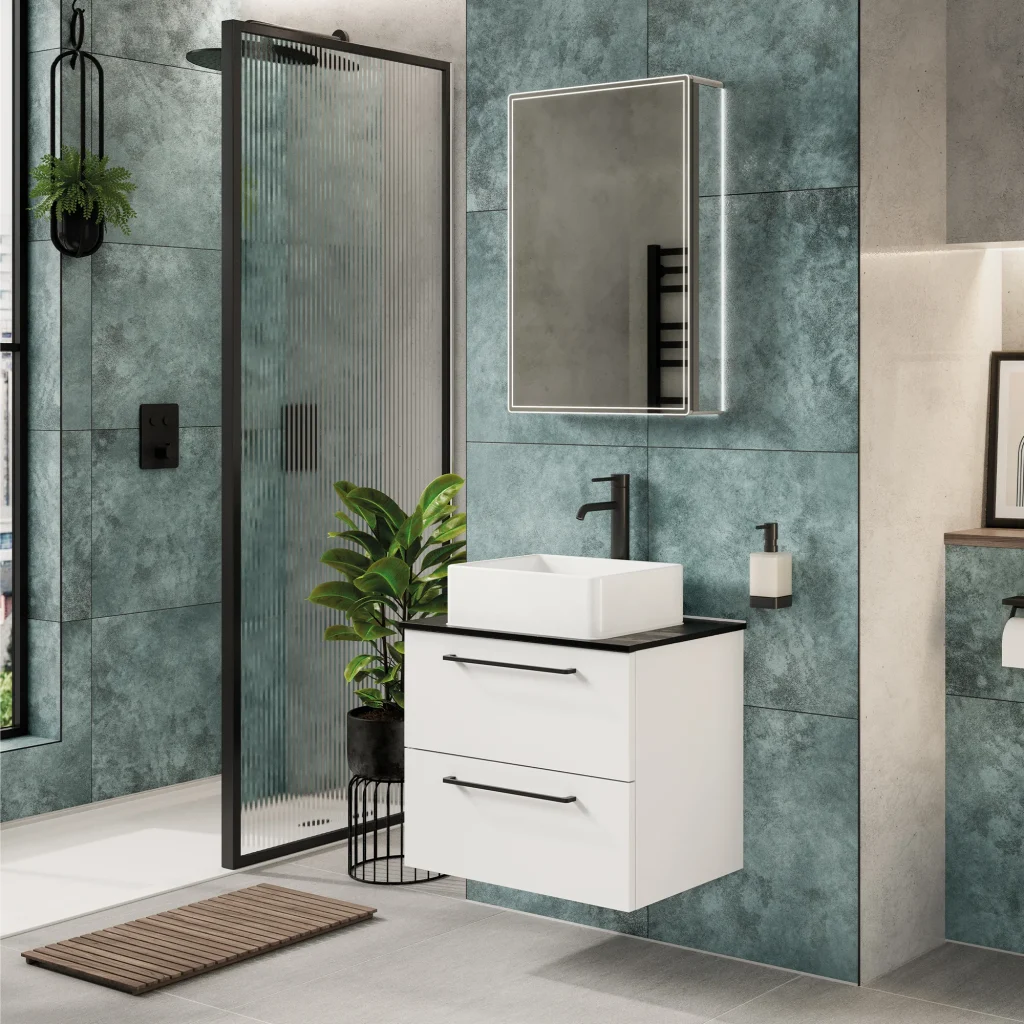Customized Ant Control Plans Tailored to Meet Specific Needs and Eliminate Infestations
Ants can be persistent pests, infiltrating homes and businesses alike, seeking food, water, and shelter. Effective ant control requires a tailored approach that considers the specific needs of each infestation to achieve complete elimination. The first step in developing a customized ant control plan is identification. Different ant species have varying behaviors and preferences, making accurate identification crucial. Common species like carpenter ants, odorous house ants, and pavement ants each require distinct treatment methods due to their unique nesting habits and food preferences. Once the species is identified, the next crucial step is assessment. A thorough inspection of the property helps determine the extent of the infestation and locate ant trails, nests, and entry points. Understanding where ants are entering and what attracts them indoors, such as exposed food or moisture sources, guides the development of an effective control strategy.
Environmental factors also play a significant role in ant control. Factors like climate, landscaping, and nearby vegetation can influence ant behavior and nesting locations. Addressing these factors helps create a more comprehensive plan that prevents future infestations. Integrated Pest Management IPM approaches are highly effective in customized ant control plans. IPM combines multiple strategies, including cultural, mechanical, biological, and chemical methods, to achieve long-term ant management while minimizing environmental impact. For instance, sealing cracks and crevices to prevent entry, removing food and water sources, and using baits or insecticides targeted to the specific ant species are all components of an IPM approach. Baits are often a cornerstone of ant control due to their ability to target ant colonies at their source. Bait formulations attract ants, which then carry the toxic substance back to the colony, effectively eliminating it over time. Choosing the right bait formulation and placement is critical, as improper use can deter ants from consuming the bait or cause them to spread more rapidly.
In some cases, especially with persistent infestations or certain ant species, professional intervention may be necessary. Pest control professionals have the expertise and access to specialized tools and treatments that ensure thorough and effective ant elimination. They can also provide ongoing monitoring and hornet pest control maintenance to prevent future infestations. Education and awareness are essential components of any effective ant control plan. Educating property owners and occupants about ant prevention measures, such as proper sanitation practices and timely repairs of leaks and cracks, helps create an environment less conducive to ant infestations. Regular monitoring and evaluation are crucial to the success of a customized ant control plan. Ant behavior and environmental conditions can change over time, requiring adjustments to treatment strategies. By monitoring ant activity and reassessing control measures as needed, property owners can maintain a pest-free environment effectively.






